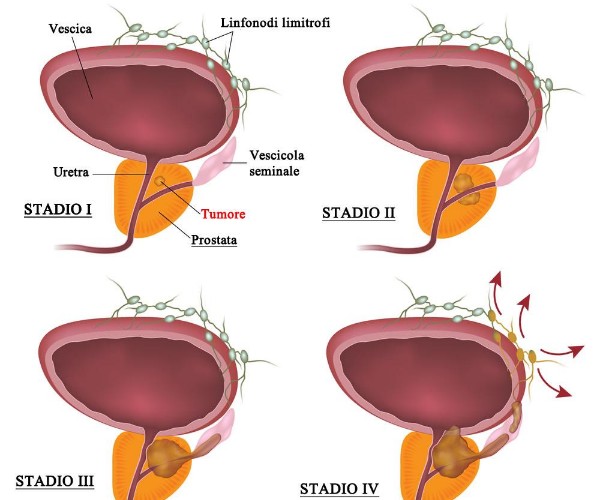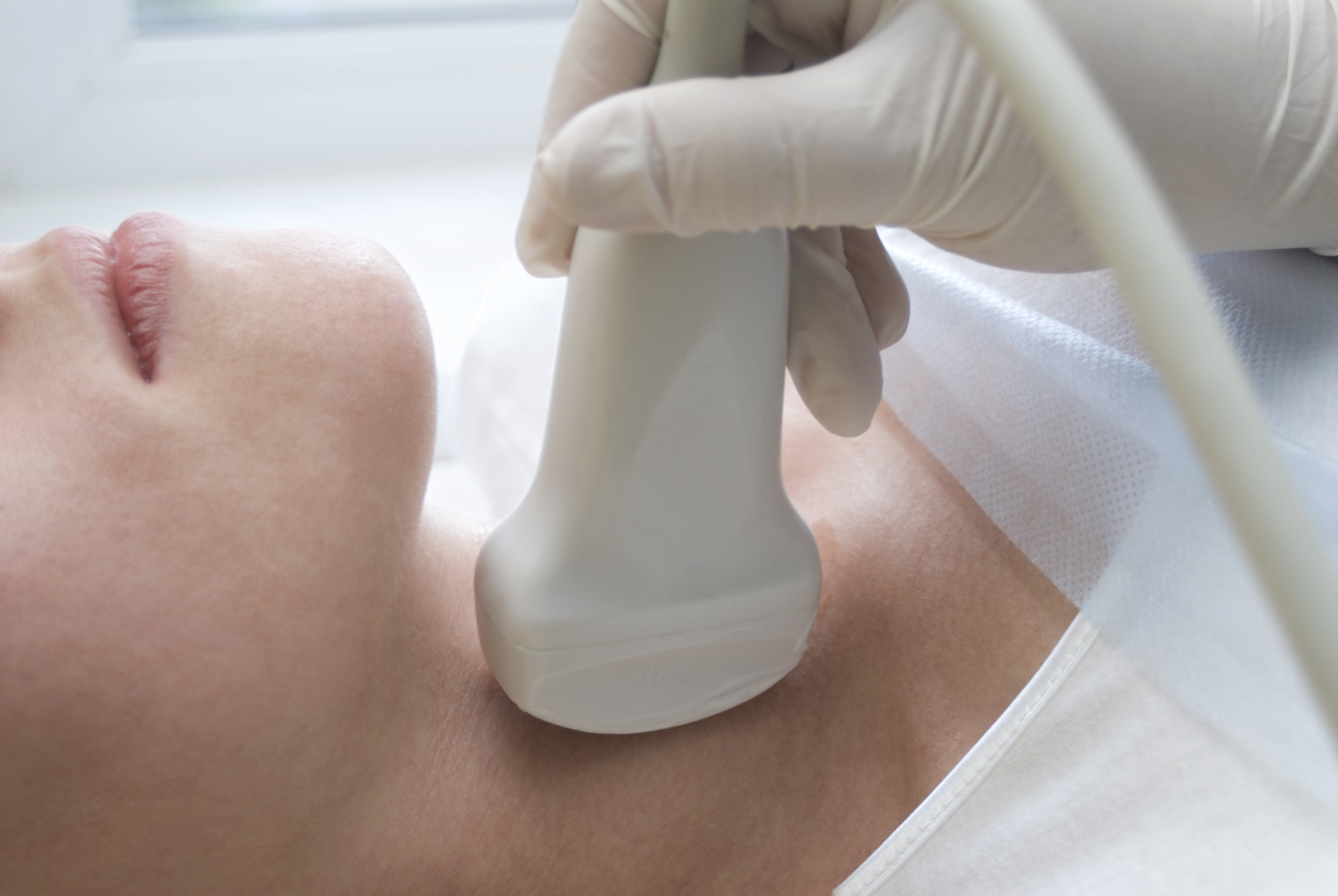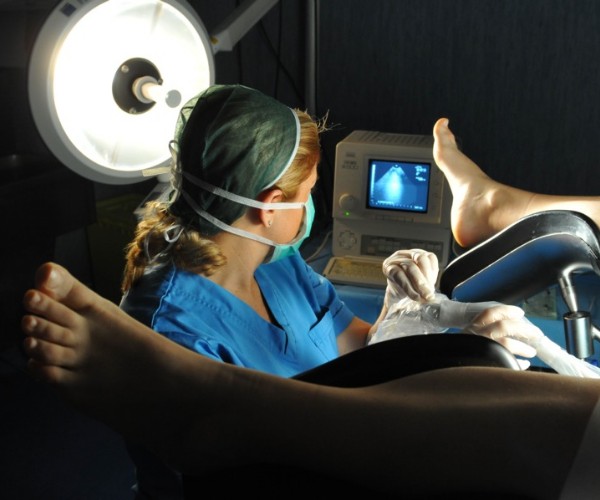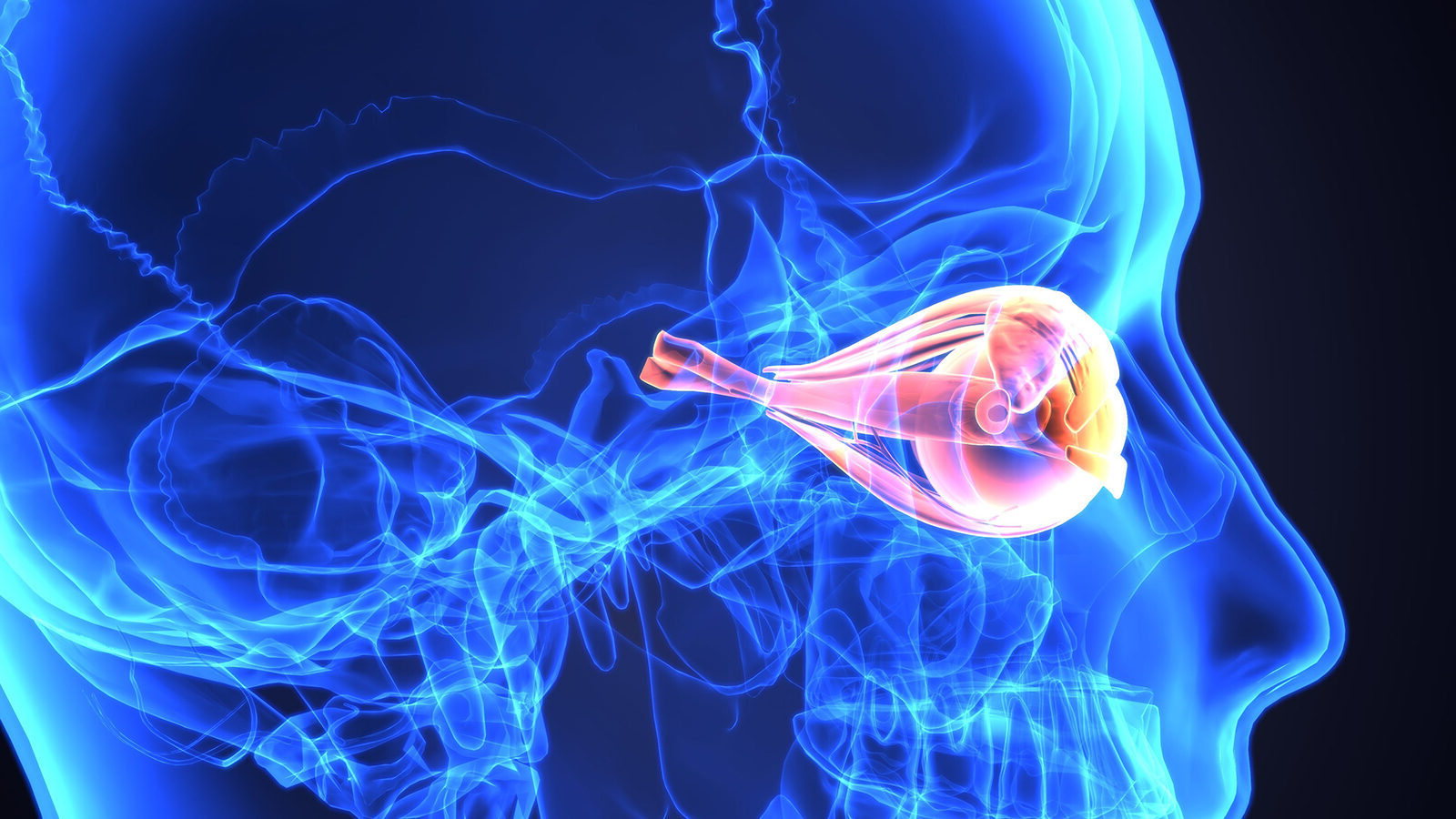Couples embarking on a course of medically assisted fertilization learn about the many aspects of this practice, from the medical to the psychological, to the ethical, and finally to the health and legal aspects.
During meetings with the medical specialist or subject matter experts, through medical examinations and in-depth interviews, the type of treatment proposed to meet the expectations of the couple interested in procreation is decided.
At this stage, the necessary interventions are discussed, the ways, the timing, the techniques that will be used, the costs to be incurred, and the possible results to be achieved, but the possible problems and failures of the initiative should also be described.
An informed consent document is drawn up between health care providers and the couple, which should be read carefully by the members of the couple, shared, and signed before engaging in medically assisted procreation(MAP).
Complications in PMA
Just for the purpose of making couples aware of the possible risks and complications of PMA, already in the informed consent document, one can see listed possible drawbacks and problems:
- Side effects resulting from the treatment undertaken.
- Possible risks to mother and newborn as highlighted by medical-scientific texts and clinical protocols.
- PMA techniques and the risks of heterologous fertilization, consequent to the clinical examinations, to which the donor, male or female, of the techniques necessary to perform them, including medical genetics texts and the necessary implementation procedures, must be submitted.
- At this stage, the therapist’s proper communication with the couple is very important, so that it appears clear to them from the beginning of the journey that laboratory or genetic tests will be able to totally rule out the possibility that the unborn child may have any pathology.
- On the part of the couple wishing to undertake heterologous fertilization, the importance of communicating to the PMA Center or therapist any facts, episodes or clinical problems, disorders or diseases that have arisen over time in the woman, the unborn child or the newborn child, thus distant from gamete donation, must appear clear.
- The various psychological effects or consequences that can result to both members of the couple, and also to the unborn child (due to the quality of attachment) as a result of PMA techniques, and particularly heterologous ones
The risks in PMA
While there are many risks that can occur in PMA, some are particularly considered and highlighted.
- Condition of ovarian hyperstimulation.
- Possibility of twin pregnancies for IVF.
- Possibility of children born with physical defects and brought into the world using PMA techniques.
- Possibility that in vitro fertilization treatment may result in the appearance of cancer.
- Ovarian hyperstimulation and and twin pregnancies are risks that can be contained with protocols that meet the couple’s clinical needs by choosing to use a single embryo for fertilization treatment.
The risk of births of children with birth defects born with the help of in vitro fertilization appears to be increased by the fertilization itself, but knowledge is still insufficient with respect to understanding the causes.
Oncological risk and a possible increase in it, related to ovaries and breasts, cannot be ascribed with certainty to infertility itself or to the treatment to overcome it, although the scientific literature seems more oriented toward considering infertility as the determining cause rather than the treatment.
Since complications and risks of PMA are present, according to facts and conditions that differ from case to case, it is advisable for both parties, couples who are candidates for treatment and therapists, to be clear about the big picture of the fertilization pathway to be undertaken, with not a single topic not being debated.




































































































